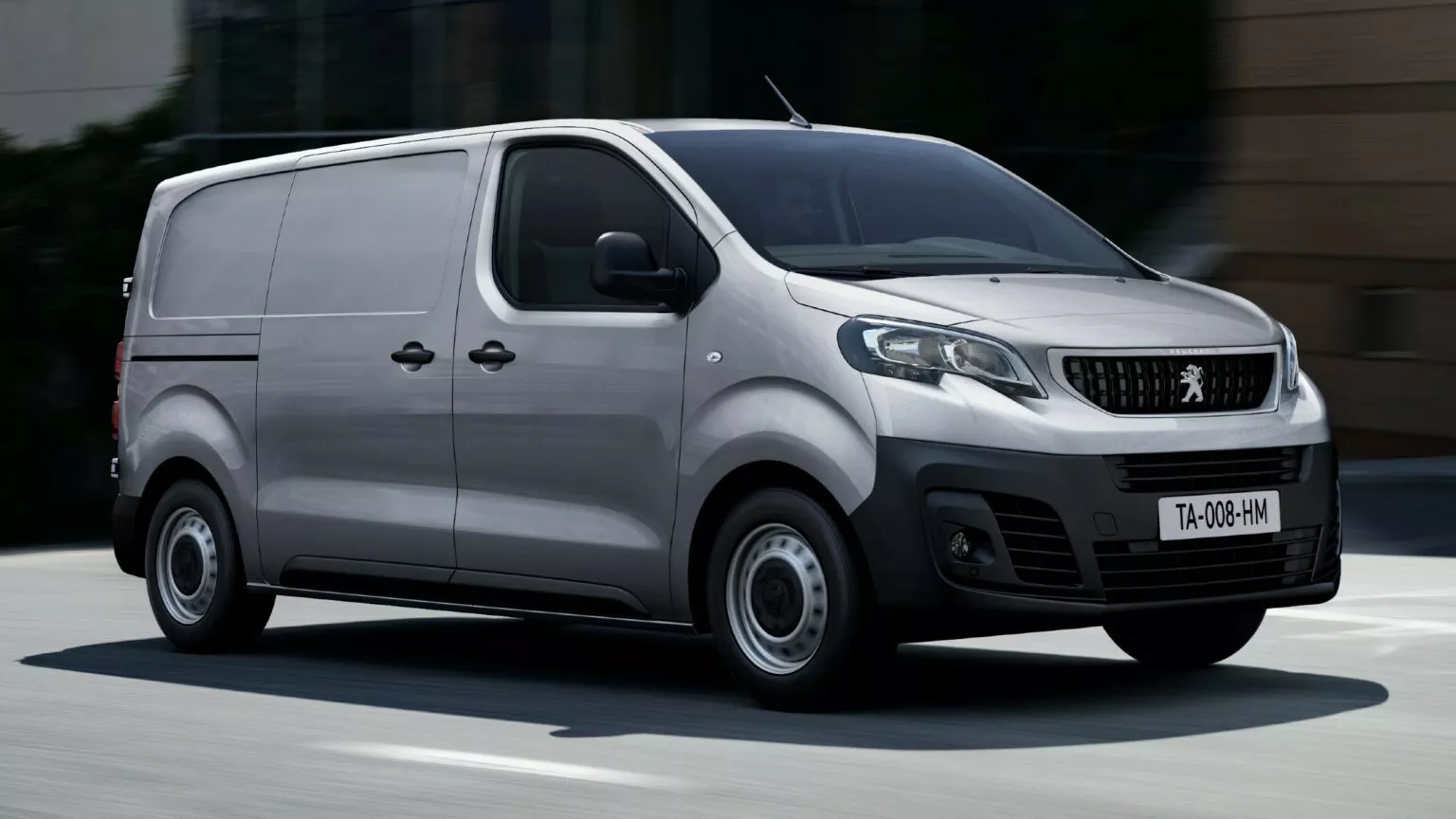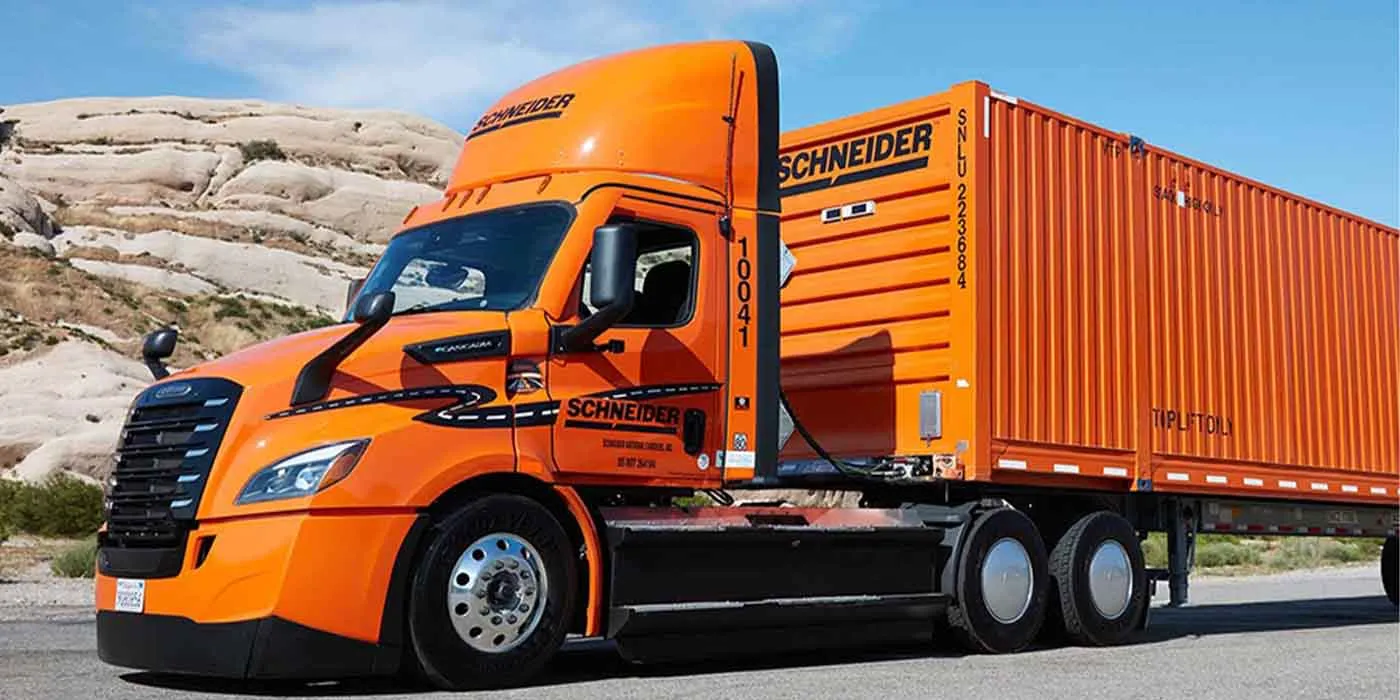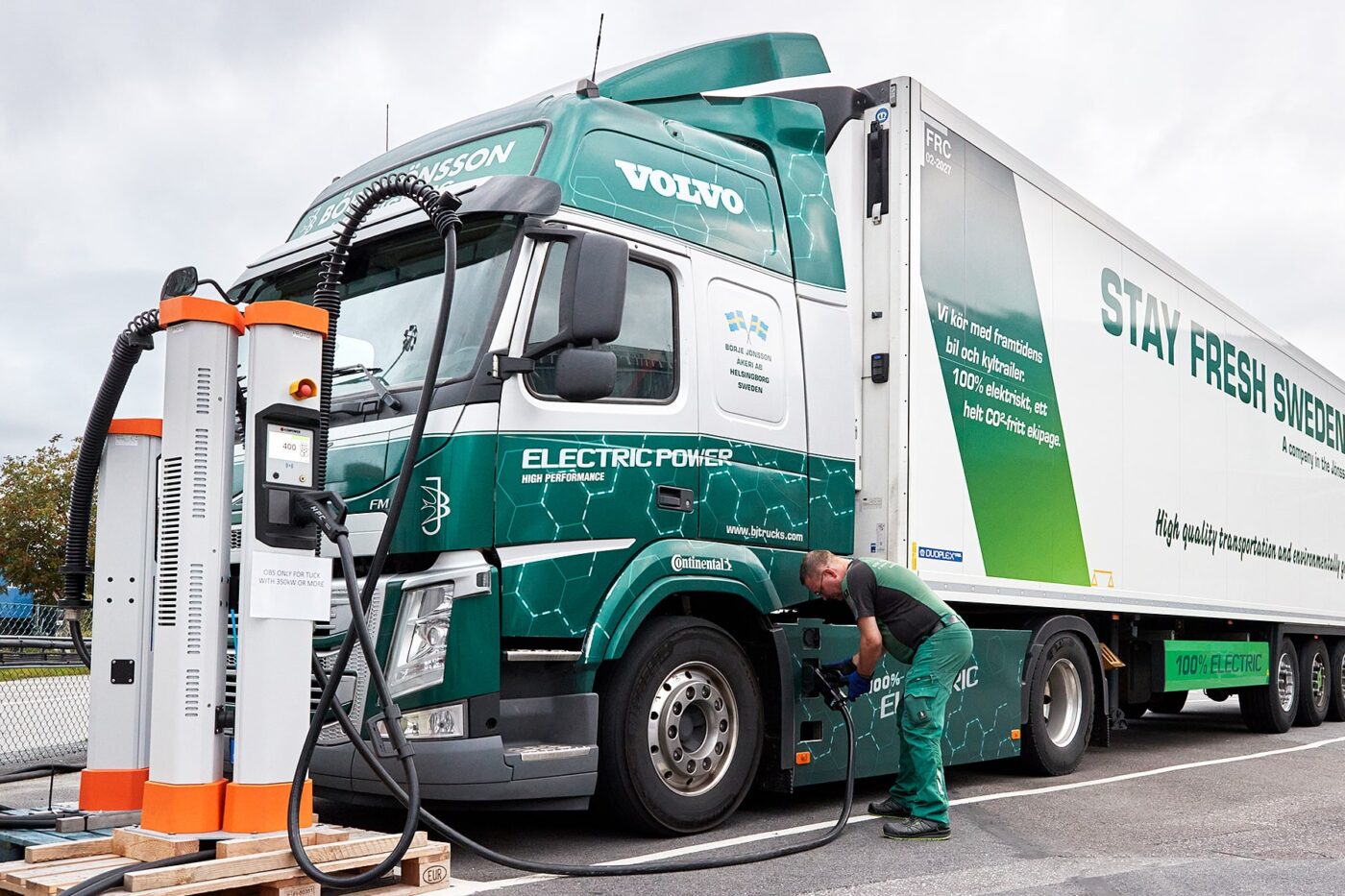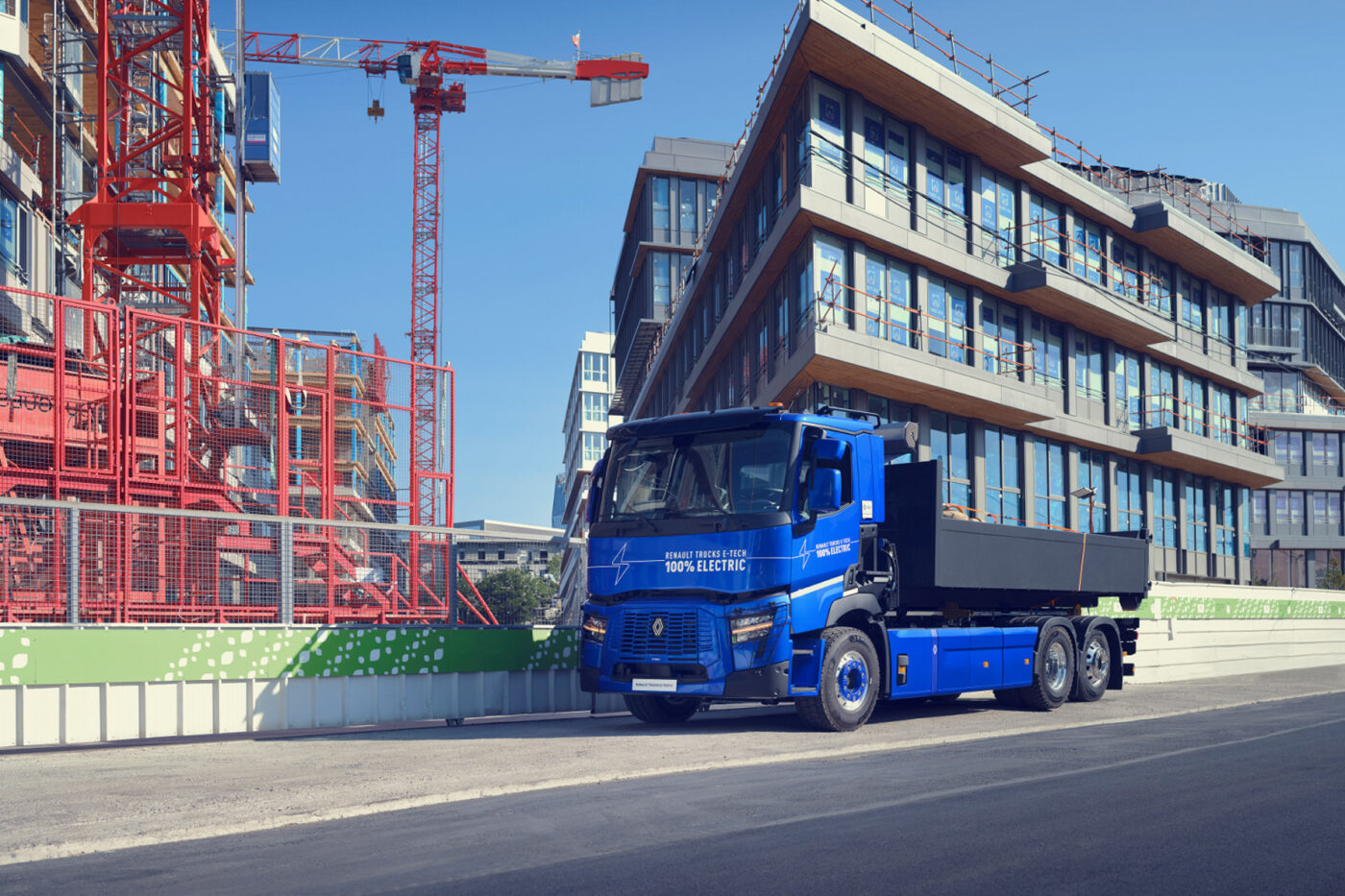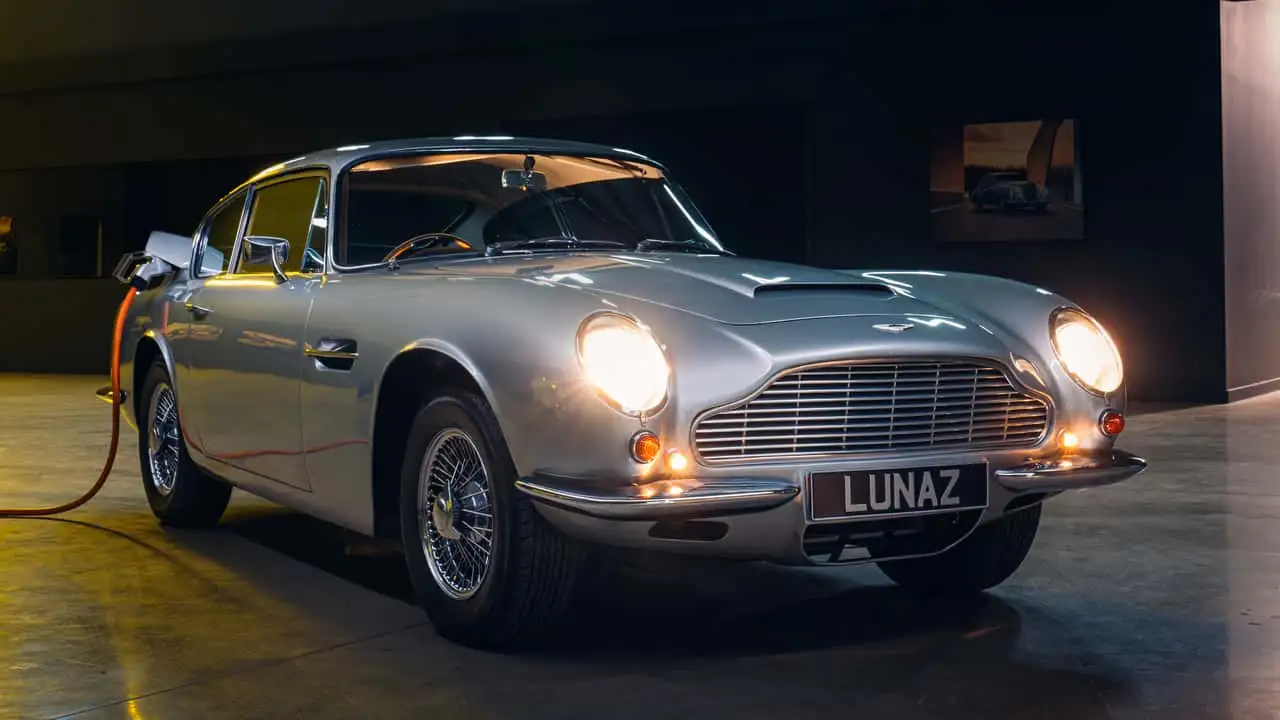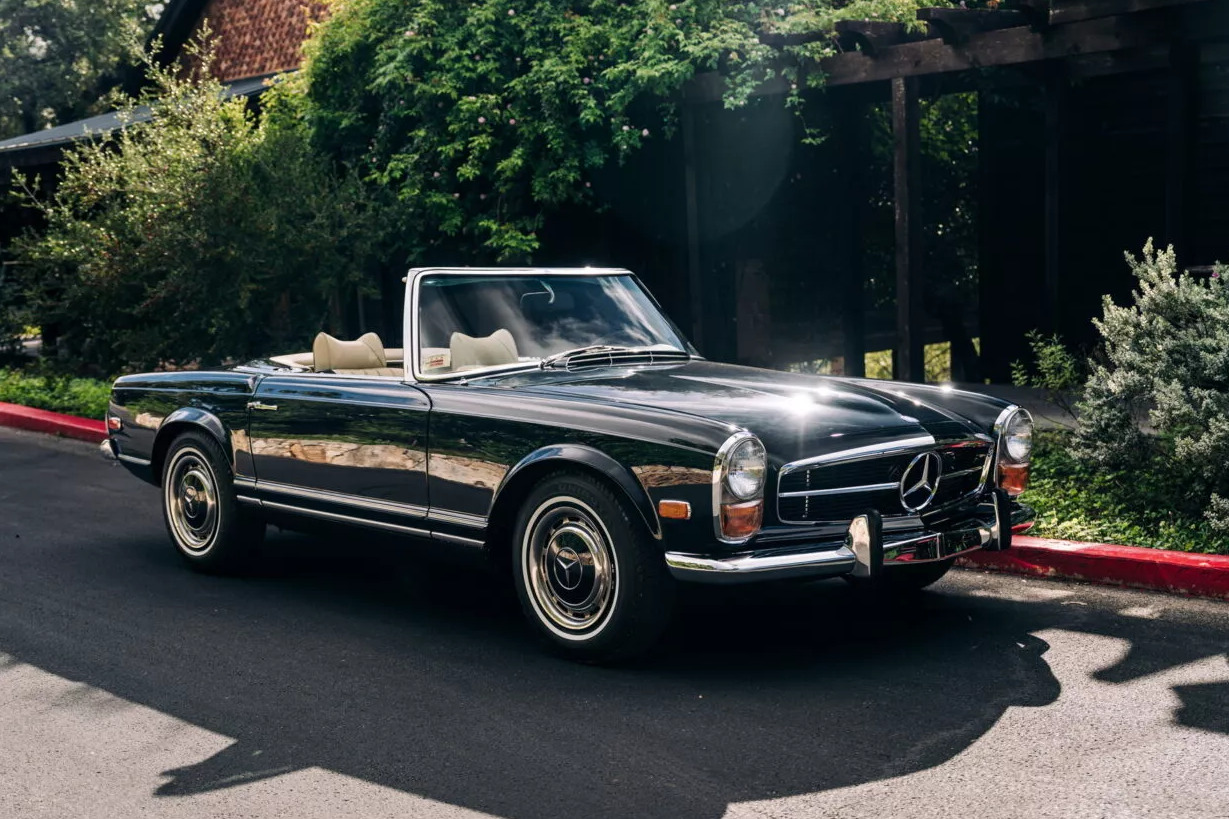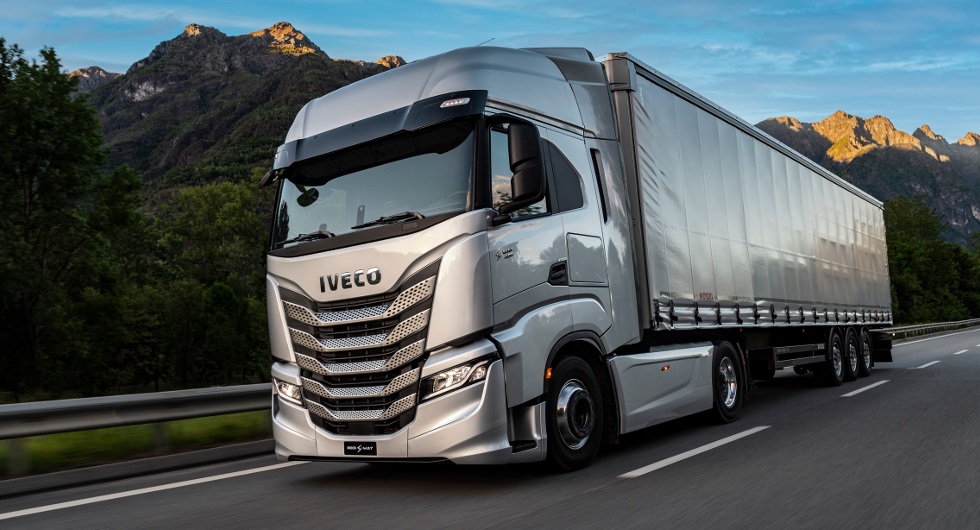Stellantis recently unveiled its updated light commercial vehicle (LCV) range in Europe, but its commitment extends beyond the latest models. The automotive group is set to introduce a transformative option, converting diesel-powered midsize vans into fully electric vehicles, providing them with a renewed purpose starting in 2024.
The selected vans for this initiative include the Peugeot Expert, Citroen Jumpy, and Opel/Vauxhall Vivaro, with indications that the Fiat Scudo and Toyota ProAce, sharing similar mechanical components, may also join the program. The potential expansion of the diesel-to-EV conversion to passenger versions of midsize vans is under consideration.
Xavier Peugeot, head of Stellantis’ vans business unit, revealed that the primary objective of the EV conversion project is to make zero-emission vans more accessible to small business owners disinclined to invest in a brand-new model.
Peugeot shared that the conversion cost is anticipated to be below €20,000 ($21,871) per van, conducted within Stellantis manufacturing facilities. The initial focus of the program will be on France, leveraging government incentives that can cover up to 40% of the conversion cost, with a maximum of €10,000 ($10,938). Eligibility criteria include the owner retaining the electric van for over a year or driving it for at least 6,000 km (3,728 miles) before selling.
The converted vans will transition from the 2.0-liter BlueHDi four-cylinder diesel engine to a cleaner fully electric powertrain. While Xavier Peugeot assured a “credible” range for the converted models, he acknowledged it would be slightly less than the 224-350 km (139-218 miles) offered by factory-spec electric vans. The latter features 50 kWh and 75 kWh battery pack options, along with a single electric motor producing 134 hp (100 kW / 136 PS) and 192 lb-ft (260 Nm) of torque.
The K0 generation of LCVs, initially introduced in diesel-powered form in 2016, received facelifts in late 2023, primarily focused on visual and technological updates. These enhancements build upon the existing EV powertrains with incremental efficiency improvements.
In a parallel move, Renault has also disclosed a similar program collaborating with a French company called Poenix to convert the diesel-powered Master into electric power. This initiative targets large vans manufactured over five years ago, with the conversion taking place in Renault’s “Refactory” facilities in Flins, France.
Both Stellantis and Renault aspire to capitalize on the trends of EV conversion, refurbishment, recycling, and “second-life” batteries, with ambitions of achieving annual revenues of €2 ($2.2 billion) and €1 billion ($1.1 billion) respectively from such endeavors by 2030.

